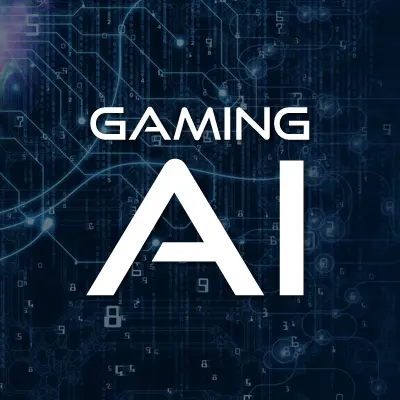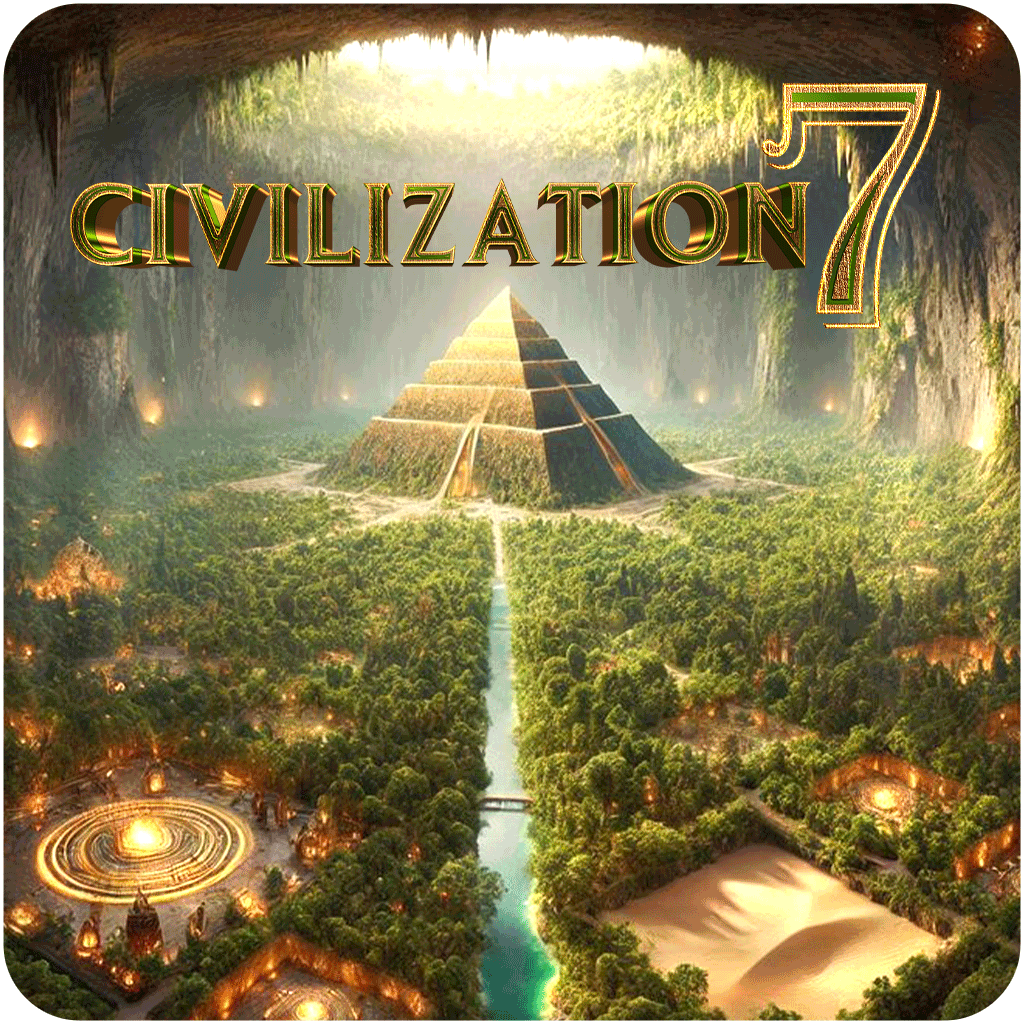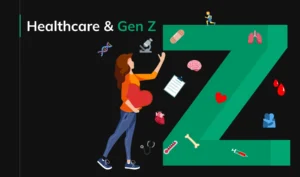AI in Gaming: The Future of Smarter, Immersive Game Experiences
🎮 AI in Gaming: The Future of Smarter, Immersive Game Experiences
Artificial Intelligence (AI) in gaming is no longer just a feature—it’s becoming a game-changer. From smarter enemies to procedurally generated worlds and real-time story adaptation, AI is transforming how games are designed, played, and experienced. But is this evolution the future of gaming? Let’s explore how AI is shaping the gaming landscape—and where it’s headed next.
🤖 A Brief History: From Scripted Bots to Intelligent Opponents
AI has been used in video games for decades. Early titles like Pac-Man or Chessmaster featured rule-based behavior. These NPCs (non-playable characters) were predictable and designed with fixed scripts.
Today, thanks to advanced AI technologies such as machine learning and neural networks, modern games include opponents and allies that can adapt to your decisions and gameplay style.
For a technical overview, read Unity’s AI and Machine Learning documentation.

🧠 Modern Applications of AI in Gaming
1. Smarter NPCs and Adaptive Enemies
Games like Halo 2, The Last of Us Part II, and F.E.A.R. feature AI-driven NPCs that dynamically respond to player actions. These characters:
-
Flank or retreat in combat
-
Call out enemy positions
-
Show realistic emotional reactions
This creates more immersive, lifelike gameplay, enhancing both challenge and storytelling.
2. Procedural Content Generation
AI enables games to create endless worlds, characters, and missions:
-
Minecraft uses procedural generation to build expansive terrain.
-
No Man’s Sky utilizes AI to create over 18 quintillion unique planets.
Procedural generation is central to modern game development. You can read more about it on Game Developer.
3. Player Behavior Analysis & Real-Time Personalization
AI systems now analyze your gameplay in real time:
-
The AI Director in Left 4 Dead adjusts enemy spawns based on your performance.
-
Games like Shadow of Mordor personalize enemy responses through the Nemesis System.
These tools ensure every player’s experience is unique and engaging.
4. AI-Powered Companions
AI companions are now more than just sidekicks:
-
Atreus in God of War dynamically supports combat.
-
Elizabeth in BioShock Infinite helps solve puzzles and interacts emotionally with the story.
These companions deepen narrative and emotional connections between the player and the game world.
🧪 AI in Game Development
Behind the scenes, AI helps developers by:
-
Automating testing to find bugs and optimize gameplay balance.
-
Generating animations and dialogue, reducing workload.
-
Assisting in level design, creating realistic environments quickly.
Studios are also using tools like NVIDIA ACE for Games to power realistic NPC dialogue and interaction.

🔮 The Future of AI in Gaming
1. AI-Generated Worlds and Dynamic Stories
Imagine RPGs where the narrative is not scripted but generated based on your choices and actions. Tools like Latitude’s AI Dungeon are already experimenting with open-ended, AI-driven storytelling.
2. Voice & Language Interaction
Soon, players will have real conversations with NPCs through AI-powered voice and natural language processing. Projects like Inworld AI are leading this frontier.
3. Hyper-Personalized Gaming Experiences
AI may soon tailor everything—from difficulty levels to in-game music and even game objectives—based on your playstyle and mood. This could usher in a new era of personalized game design.
⚖️ Ethical Considerations in AI Gaming
With innovation comes responsibility:
-
Bias and representation in AI-generated content.
-
Data privacy concerns around player behavior tracking.
-
Job impact on artists, designers, and QA testers.
Developers must balance automation with ethical game development practices. The AI Ethics Guidelines by the European Commission offer a good framework.
🕹️ Conclusion: Is AI the Future of Gaming?
Yes—and it’s already here. AI in gaming is enhancing immersion, enabling smarter worlds, and supporting developers in incredible new ways. Whether you’re a casual player or a game designer, AI promises to reshape the way we think about games—from storytelling to strategy.
Share this content:














Post Comment